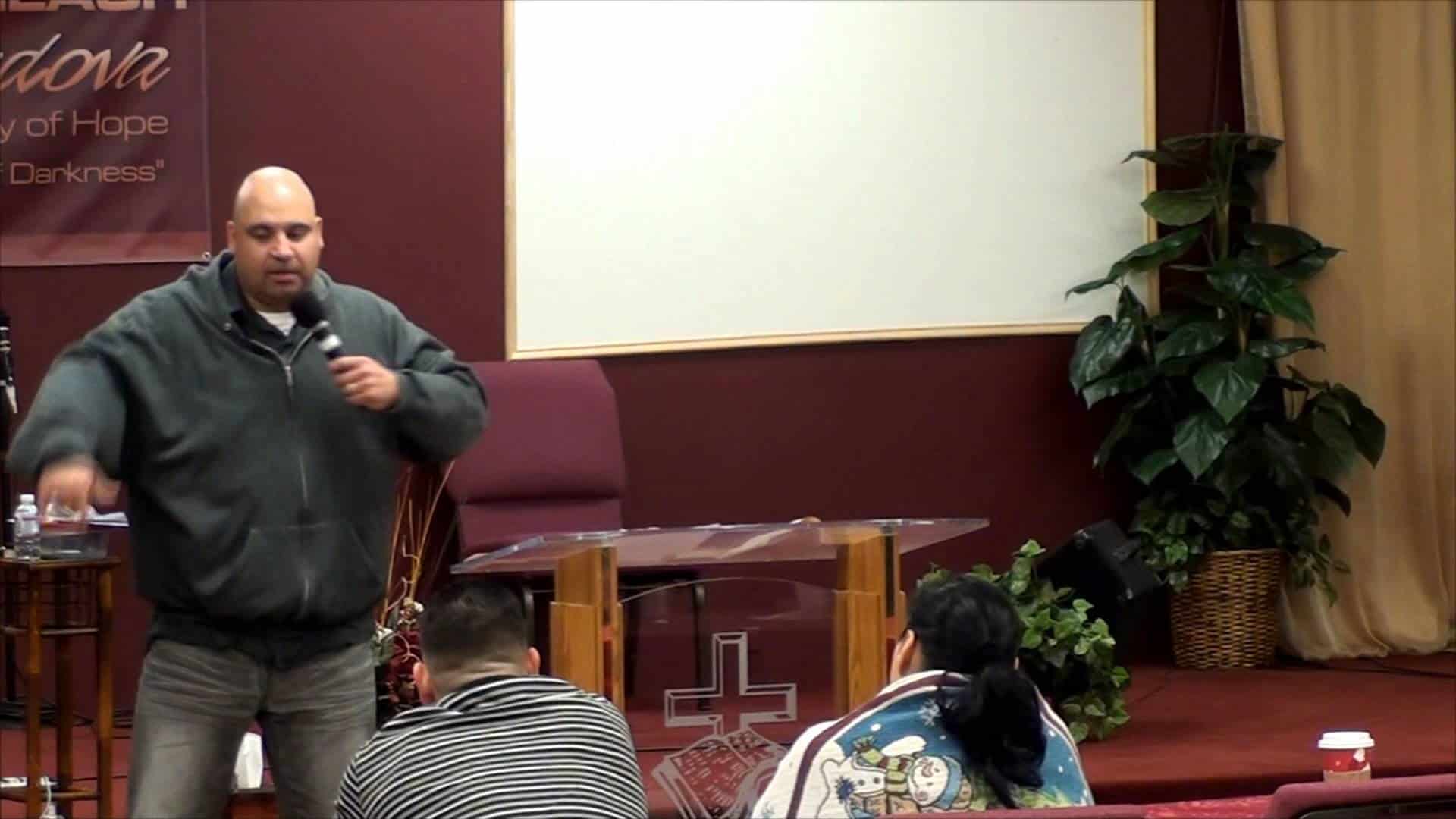What Does The Bible Say About Dreams?
The Bible has mentioned the word “dreams” several times, and we can find its biblical definition in (Job 33:15 In a dream, in a vision of the night, When deep sleep falls upon men, While slumbering on their beds,). The passage tells us, “He speaks in dreams, in visions of the night, when deep sleep falls on people as they lie in their beds.” From this verse alone, we can discover several things. First of all, it says that dreams are visions of the night. Also, the verse tells us that dreams occur when deep sleep falls upon us men. There is a difference between visions and dreams. Visions occur when we are wide awake, while a dream is something that occurs when we fall asleep. In the Bible, God used dreams in order to communicate with men.

God spoke to several people in the Bible through dreams, such as Joseph (Genesis 37:5-10), Solomon (1 Kings 3:5-15), Joseph, the husband of Mary (Matthew 2:12-22), and several others (Daniel 2:1; Matthew 27:19 While he was sitting on the judgment seat, his wife sent to him, saying, “Have nothing to do with that just Man, for I have suffered many things today in a dream because of Him.”). The Bible also mentioned in (Joel 2:28 “And it shall come to pass afterward That I will pour out My Spirit on all flesh; Your sons and your daughters shall prophesy, Your old men shall dream dreams, Your young men shall see visions.) With these passages, we can conclude that God indeed uses dreams to tell us something; He can absolutely speak through dreams if He chooses to.


Relying on the Word
Christians today should be very careful, though, when it comes to interpreting dreams. It is important that we remind ourselves that the Bible is already complete and that God has already revealed everything that we need to know from now until the return of Jesus Christ. The Bible is the ultimate source of truth—not our dreams. We need to acknowledge the sufficiency and potency of the Bible when it comes to guiding our lives. When we dream of something that we think is from God, then it is essential that we scrutinize it first and check what the Bible has to say about it. Of course, we are not saying that God does not work miracles and that He does not speak to us these days through dreams, but what we are trying to get at is that we need to be more focused on reading, understanding, and interpreting the Bible more than on our dreams.
We need to understand that our dreams cannot usurp the authority of the Bible. If a Christian has dreams that they think is coming from God, then it is essential for him or her to pray and examine the Bible. Our dreams are useless and are not helpful if they do not come in agreement with the Bible. Let us not acquire wisdom and knowledge from our dreams, but we need to ask it from our generous God, Who will give it to us without rebuke (James 1:5 If any of you lacks wisdom, let him ask of God, who gives to all liberally and without reproach, and it will be given to him.). If you notice in the Scriptures, whenever God speaks to human beings through dreams, He always provides an explanation. Dreams that occur in the Bible have clear meanings and these meanings are coming from God (Genesis 40:5-11, Daniel 2:35-36, and 4:19). When God speaks to His people through dreams and visions, He always makes sure that the message is clear.

A Warning Against False Dreams
The Bible warns us in Deuteronomy 13:1-3, “Suppose there are prophets among you or those who dream dreams about the future, and they promise you signs or miracles, and the predicted signs or miracles occur. If they then say, ‘Come, let us worship other gods’ – gods you have not known before – do not listen to them. The LORD your God is testing you to see if you truly love him with all your heart and soul.” It is important to note that false dreams and visions did occur in the Old Testament and its penalty is death. We don’t want to interpret dreams and share it with other people if we are not truly 100% sure that they are from God. For us to avoid the sin of false dreams and visions, it is vital that we just focus on what the Bible has to say. It is safer if we rely upon His Word and not on our dreams.
If anyone comes to you and claims that he or she has a dream or vision from God to you, then it is critical that you pray to God. Ask for wisdom and discernment and don’t just believe whatever you hear from that person. Read the Bible and check if the dream is in harmony with the Scriptures. False dreams can be very dangerous and can ruin your life. Again, always pray and make sure that you ask God for wisdom and to not be deceived by dreams that are not from Him. Dreams can either reveal prophecy or can even give us encouragement, but as Christians, we need to learn to set our focus in the Bible. Again, God can still communicate to His people through dreams today. We are not limiting His ability. However, we must always remember that interpreting false dreams and declaring it to the Bible without God’s blessing or permission is a serious sin.





